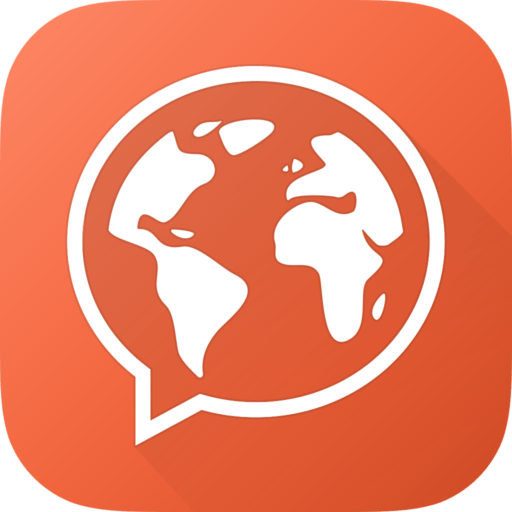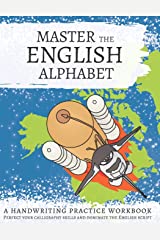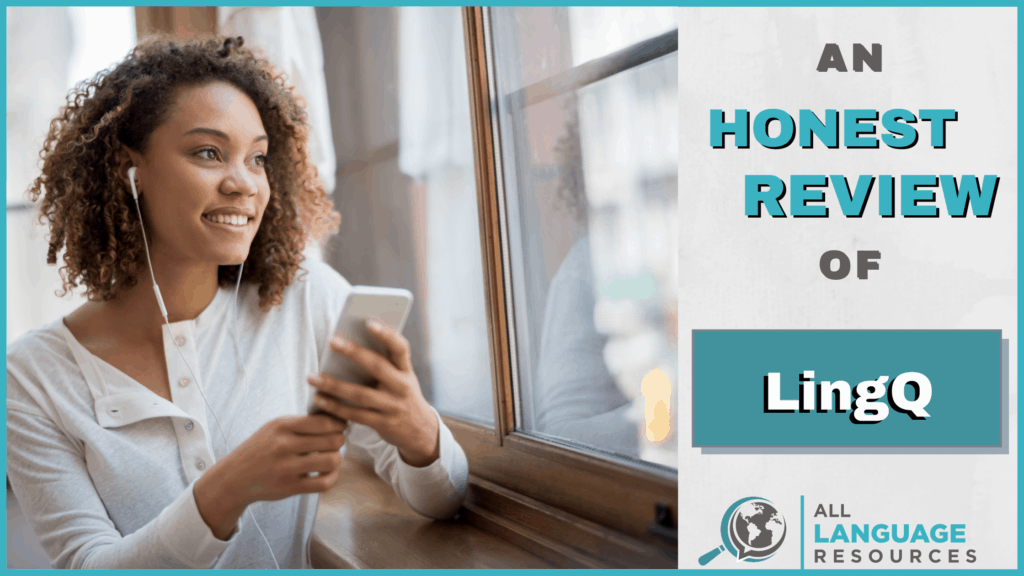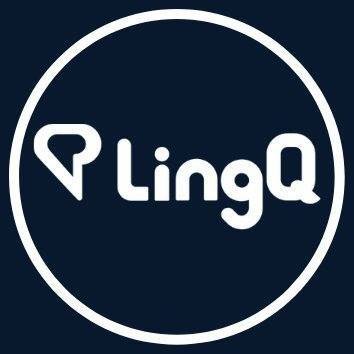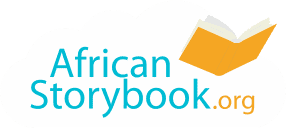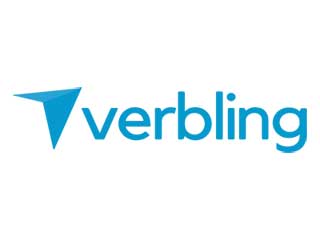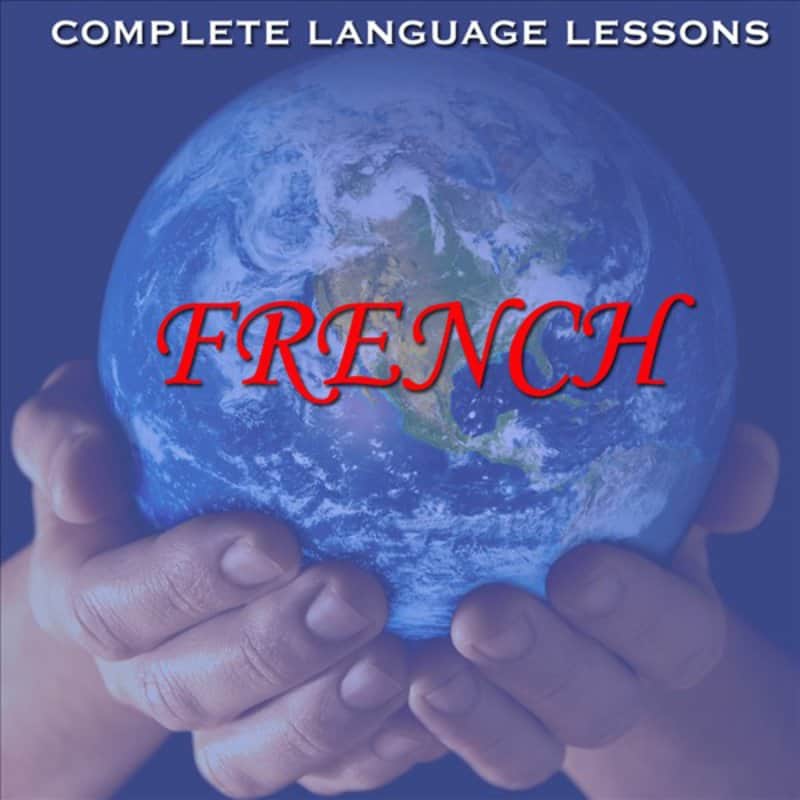LanguagePod101 — All Languages, Pod101 and Class101
Updated November 20, 2023
If you want a language learning podcast that consistently adds new content to keep you motivated, you will find the “Pod101” and “Class101” series quite useful.
One great thing about LanguagePod101 programs is that they do publish new content ALL THE TIME. And their pricing structure allows language learners of any mastery and commitment levels to find contents that are useful. The pricing starts at a mere few dollars per month, and the top subscription called Premium PLUS gives learners personal feedback and a personalized program to follow.
Visit Language Learning Programs in the LanguagePod101 Series
Click the icon to visit the site for the language you want. Purchase or just check it out. Happy Learning!
You can also read ALR independent reviews for each language’s program in the following section.
…LanguagePod101 — All Languages, Pod101 and Class101Read More »
LanguagePod101 — All Languages, Pod101 and Class101 Read More »



